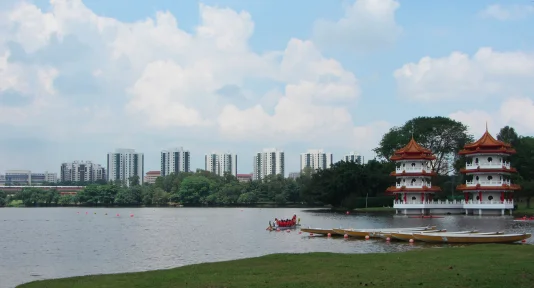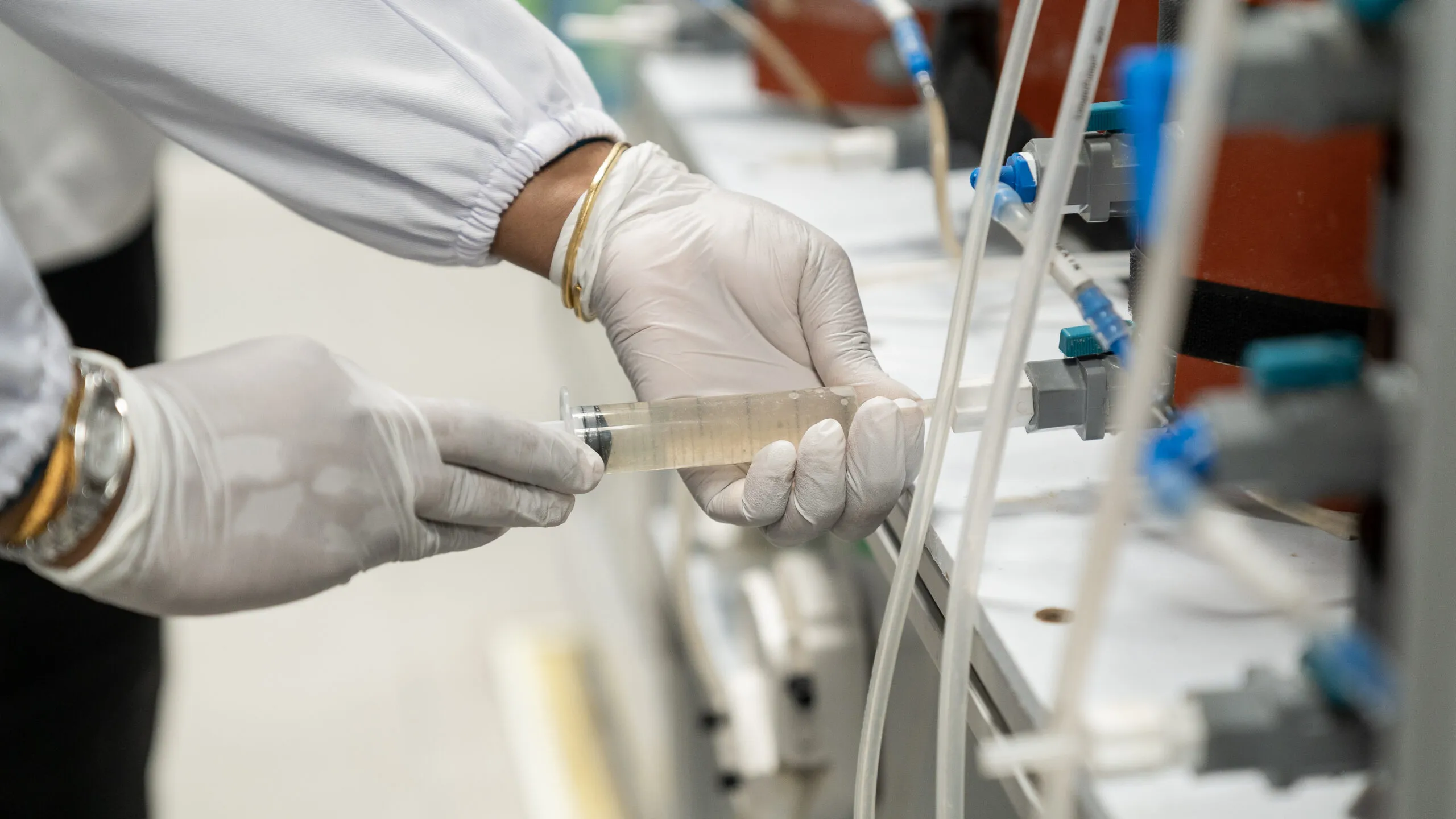Urban Water Cycle

The Urban Water Cycle research theme at SCELSE explores the microbial processes within urban water systems, including wastewater treatment, engineered waterways, and drinking water distribution. This research is crucial for developing sustainable water management practices that ensure safe water supply and effective pollution control in urban environments.
About the Research
Microbial processes and biology underpin the production of clean water at key stages throughout the water cycle, whether in natural or engineered conditions. In the urban environment, SCELSE research exploits biofilms and microbiomes to support a sustainable, well-functioning and optimised water cycle through treating wastewater, remediating contaminants in waterways, and delivering safe and clean drinking and recreational water. This research aims to enhance the resilience and functionality of urban water systems, providing insights that drive the development of innovative and sustainable water management strategies in megacities like Singapore.
- Microbial processes in wastewater treatment
- Bioremediation of engineered waterways
- Microbial community resilience and function
- Nutrient and pollutant removal in urban water systems
- Sustainable water management practices
Programmes and Projects
SCELSE’s Urban Water Cycle research unlocks microbial processes that drive sustainable water management in cities. A key focus is Enhanced Biological Phosphorus Removal (EBPR), optimised for tropical conditions to tackle nutrient pollution. From wastewater treatment to drinking water safety, this research powers smarter, cleaner urban water systems for resilient and eco-friendly cities.





